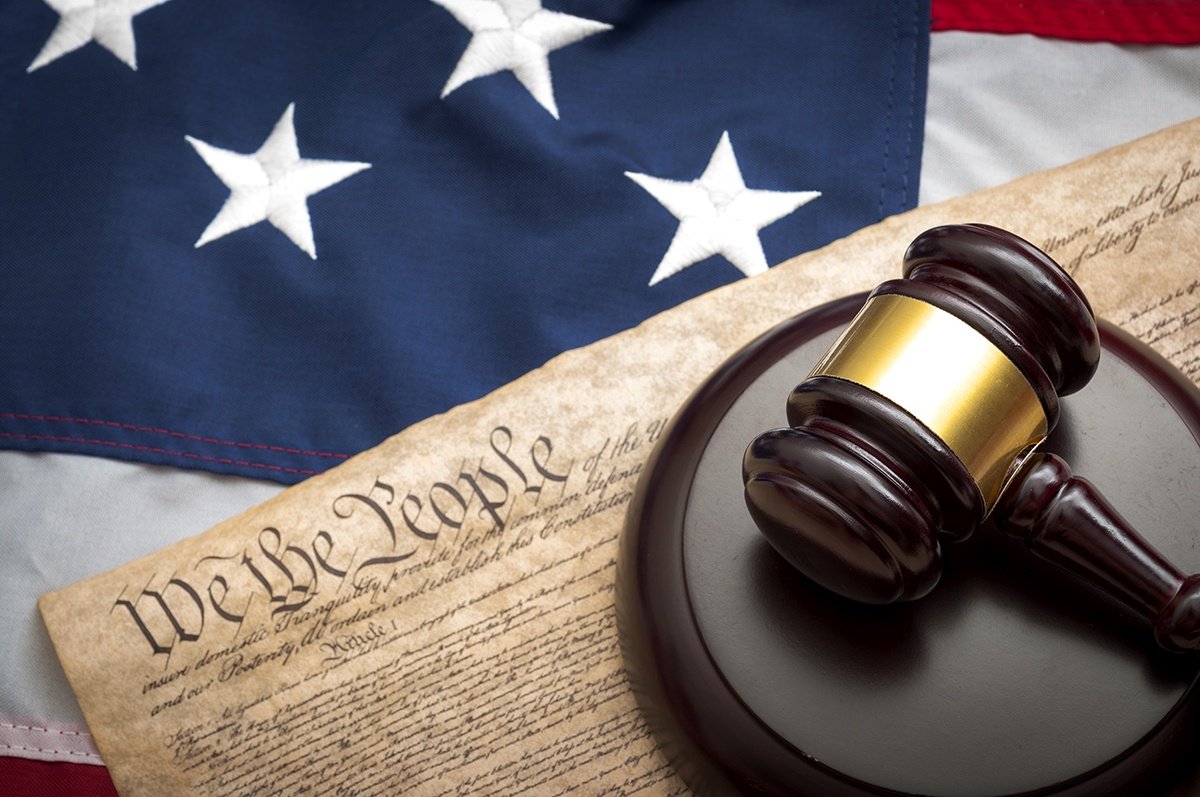By Jan Pospisil
KEY FINDINGS • The governor of Lakes state, Rin Tueny Mabor, rules the state with an iron fist, and is credited with reducing overall levels of inter-communal violence during his two years in office. Despite widespread allegations of human rights violations linked to his heavy-handed approach to security, he has received considerable national recognition for pacifying Lakes state. • The governor’s reputation has suffered setbacks —including public unrest over a decision to demolish informal housing in Rumbek, erected by internally displaced people, and a perceived loss of authority in his home county, Yirol West, following the contested dismissal of a county commissioner nominated by the Sudan People’s Liberation Army-in-Opposition (SPLA-IO). • Since September 2022, pastoral violence has re-emerged along the border with Warrap state, especially in Rumbek North and Cueibet counties, highlighting faults with the governor’s disarmament strategy and his emphasis on a deterrence-based approach to curbing inter-communal violence. • Despite these recent challenges, Rin Tueny appears to be interested in a national-level position. While he is seen as indispensable among national leadership in tackling insecurity in Lakes state, he has political backing to support an appointment in a high-level security sector role.
Geneva, SWIT: Small Arms Survey, 2023. 7p.



